How to Find Sustainable Travel Accommodation in Europe
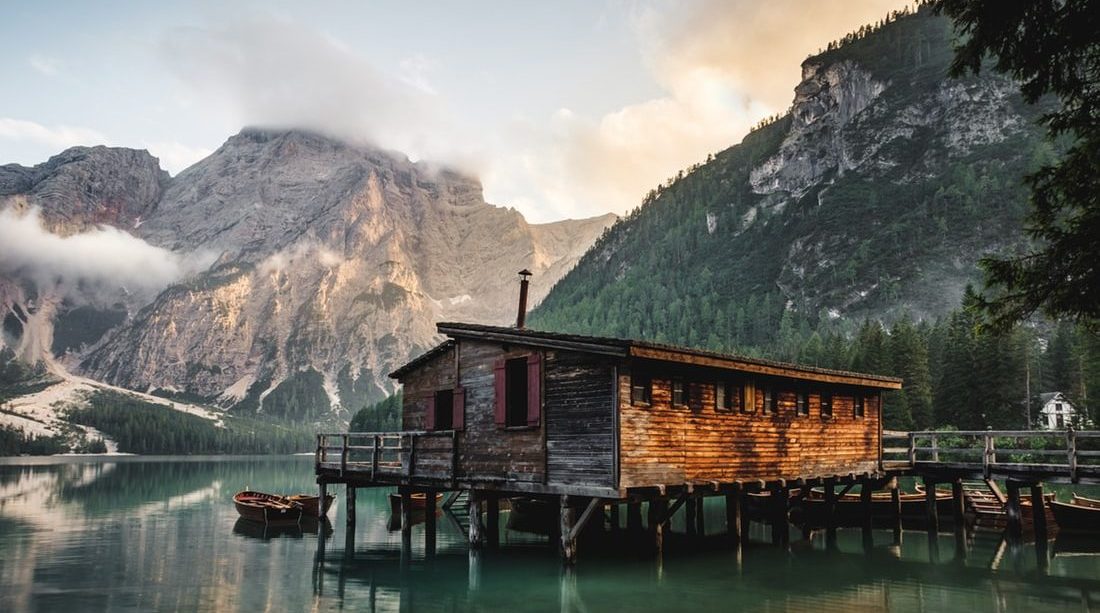
The inescapable truth is that tourism leaves behind a carbon footprint, but we can all take steps to tread more lightly. In Europe, the eco-conscious traveller can search out sustainable travel accommodation that’s greener and reduces our carbon footprint.
Just how do you go about finding sustainable travel accommodation in Europe? I’ll take you through how to find greener accommodation, where to search and what environmental initiatives to look out for.
What Is Sustainable Travel Accommodation?
Sustainable travel is being mindful of the impact we have on the planet when we travel. We can minimise our impact on the environment and contribute to local communities and economies by thinking more about where we stay. When it comes to sustainable travel accommodation, it’s sustainable and green credentials can take many forms. The overall goal is to reduce our carbon footprint by staying in green accommodation. Here are some of the ways travel accommodation can be sustainable:
- Owned by and/or employs locals and contributes to the local economy
- Promotes community-based tourism
- Built with sustainable, locally-sourced materials
- Uses sustainable insulation materials
- Contributes to carbon-offset initiatives
- Water-saving initiatives
- Clear recycling and/or composting scheme
- Plastic reduction or zero waste scheme
- Uses solar panels or other renewable energy
- Uses LED or low energy light bulbs
- Encourages travellers to come by public transport or walk/cycle
- Promotes environmental education
- Supports local conservation efforts and/or organisations
- Uses locally sourced and seasonal ingredients on the menu
- Grows their own food
- Uses biological cleaning products
How to Find Sustainable Travel Accommodation in Europe
1. Use different websites to search for travel accommodation
Whilst booking.com, Airbnb and other popular hotel booking websites might be our usual first stop, they’re not always the most useful when it comes to searching for green credentials. There are many other accommodation booking platforms in Europe that do highlight sustainable commitments of the accommodations they list. Here are a few of the best:
- nature.house — Find cottages and cabins in the heart of nature. This Dutch booking website features beautiful log cabins, stone cottages and whitewashed villas in countries around Europe. Their accommodation is truly out in nature, and not part of crowded holiday parks. For every overnight stay booked on nature.house, the company plants a tree in Madagascar, Burkina Faso or Tanzania.
- Ecobnb — Like Airbnb but with green credentials. Guesthouses, tree houses, castles and cabins are listed with 10 key green criteria check-marked on each listing profile. Accommodation is based in Europe, with a particular focus on Italy.
- Kynder — Kynder lists hotels, hostels, retreats and restaurants. Listings on the website are currently limited, but every listing includes a tick list of green practices.
- Book It Green — This green accommodation booking website scores each property with 1-5 green leaves depending on how many sustainability criteria it meets.
- Bio Hotels — Bio Hotels lists certified green hotels in Germany, Austria, Italy, Slovenia and Greece.
2. Check the accommodation’s eco-credentials
Read up on the accommodation’s green commitment. Refer to the list above to see if the accommodation has any of these in sustainability practices in place. It’s rare that you’ll find all of the above but finding even just a few initiatives is positive.
3. Check for sustainability and eco certifications
The logos for these can usually be found on the accommodation’s own website and on some accommodation booking platforms. Commonly found international eco certifications in Europe include The EU Ecolabel, EU Eco-Management and Audit Scheme (EMAS), Green Globe and Green Key.
Each country tends to have its own accreditation also. In the UK, we have the Green Tourism Business Scheme to recognise tourism businesses taking steps to improve sustainability. Look out for accreditations in other countries such as Green Sign in Germany, and the Nordic Swan Ecolabel for Denmark, Finland, Iceland, Norway and Sweden.
4. Look for accommodation closer to home
The further we travel, the more carbon we emit. Holidaying closer to home, in your home country or in neighbouring countries, is a great way to travel more sustainably. If you can reach your destination by a shorter bus or train journey, you’ll significantly reduce your carbon footprint compared to taking a flight.
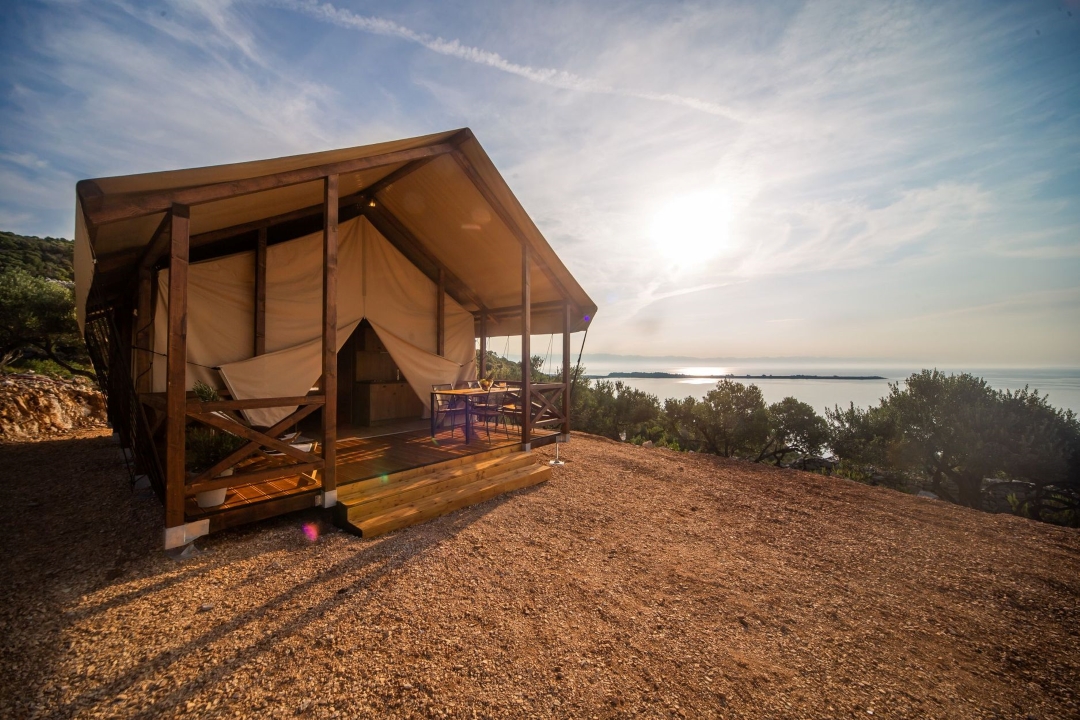
5. House sit during your holidays
A lesser known but very sustainable option is to house sit when you travel. House sitting is where you stay in someone else’s home and look after their house and pets whilst they’re away. It’s particularly common amongst expats living abroad who want to travel home during the holidays and need someone to look after their place. House sitting is a great option for families who need more space and those on a budget, as some greener hotels can fall into luxury price bands. Read about how to find your first house sit here.
6. Home exchange for your holidays
If you have your own home, why not swap homes with someone for your holidays? There are a handful of websites and Facebook groups to find home swaps. We’d recommend Home Exchange. You list your own home with photos and a description, verify your profile by showing a recent bill and then you can browse homes to look for swaps. It’s a great community but it does take some searching to find someone with the right home and dates to swap.
Our Picks of the Best Sustainable Travel Accommodation in Europe
Need some inspiration for the best green accommodation in Europe? We’ve collated a wishlist of the top green accommodation choices that have caught our eye this year.
Nature House in Tonden
Location: Toden, The Netherlands
Eco Features: 50% green electricity, sustainable insulation, biological cleaning products, recycling and composting, herbs from the garden.
Get back to the great outdoors with this 10-person cabin in the Netherlands. Collect herbs from the garden to cook your own group meals and walk through the one and a half hectares of private forest surrounding the cottage. Book it here.
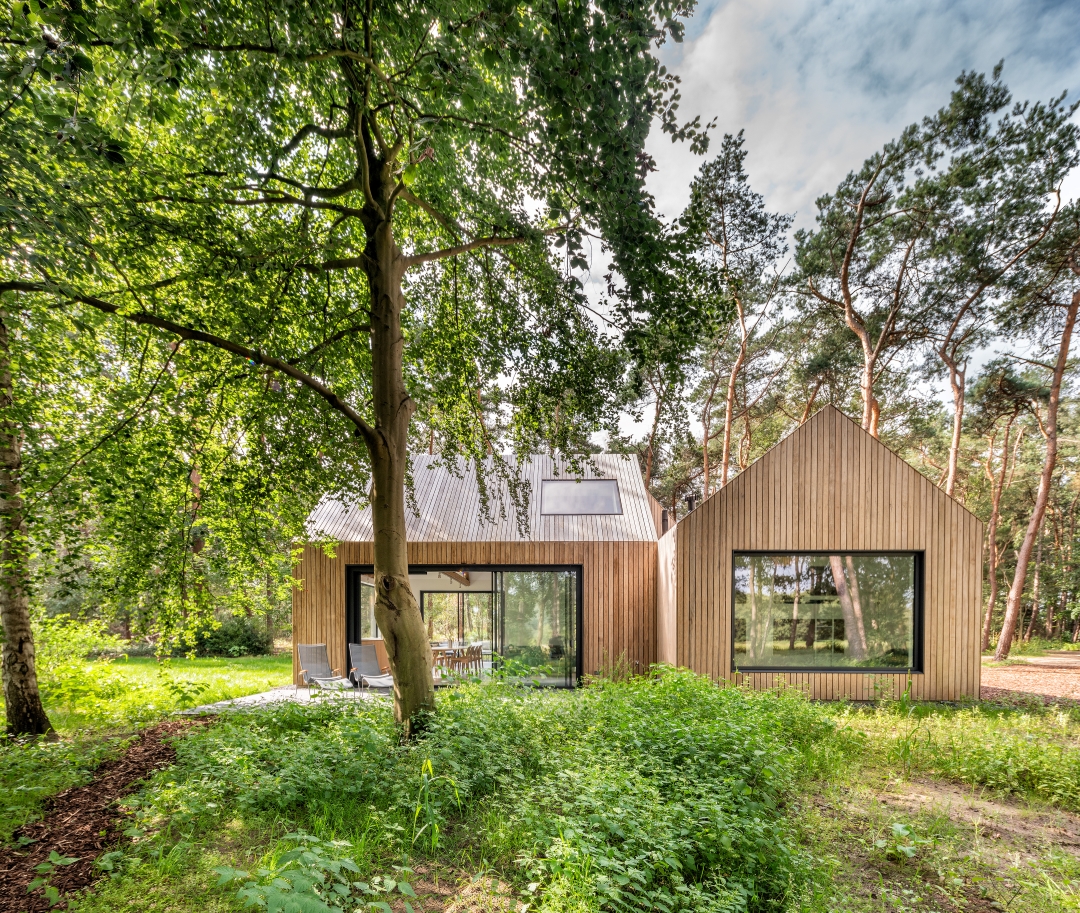
Reykjavík City Hostel
Location: Reykjavík, Iceland
Eco Features: Nordic Swan Ecolabel, composting, fundraising for Iceland’s carbon restoration programs, water and energy conservation initiatives, and a geo-thermally heated pool.
Reykjavík City Hostel is a certified eco hostel perfect for conscious travellers on a budget. Their geo-thermally heated pool will warm you up after winter expeditions into Iceland’s snowy mountains. Book it here.
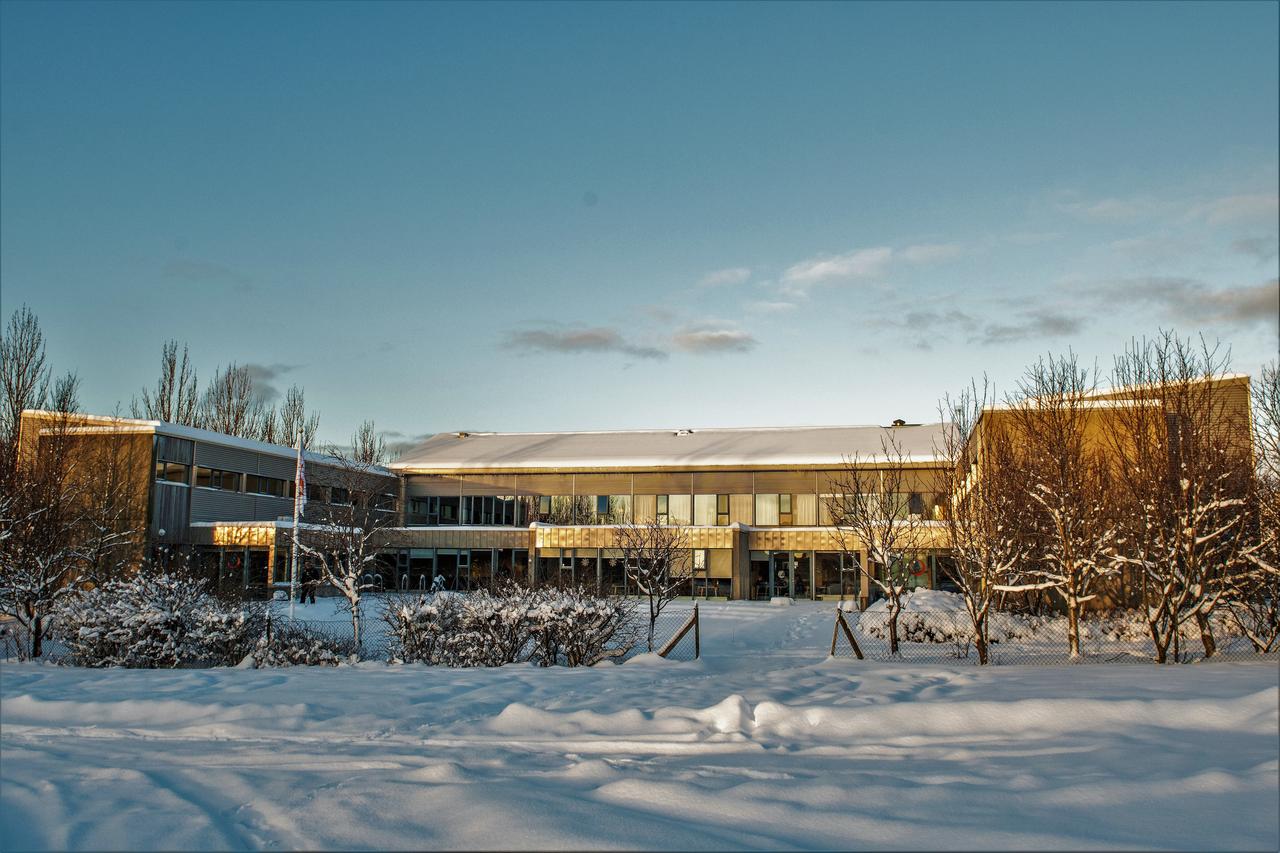
Zalamera
Location: Valencia, Spain
Eco Features: LED lights, solar panels, biofuel for hot water, biological cleaning products, fair trade products, locally-sourced food.
This eco-conscious hostel in Spain is too cute to pass up. With thoughtfully designed rooms for those of us with smaller budgets and locally-sourced food and craft beers, you’re sure to love it. Book it here.
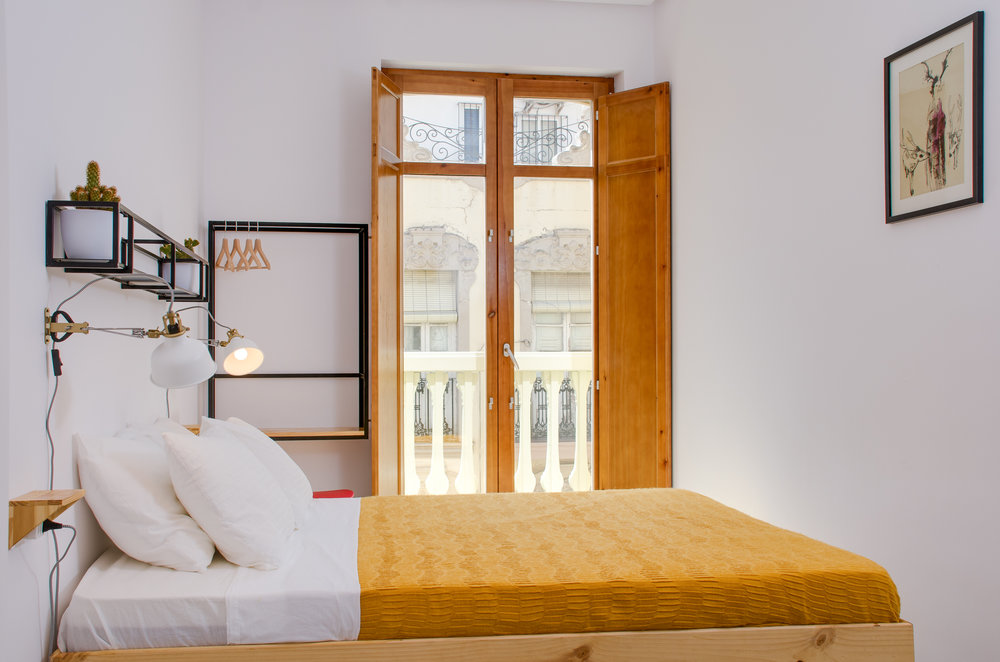
Do you search for green accommodation in Europe when you travel? Share your favourite sustainable hotels, hostels and retreats with me in the comments.
Disclaimer: This article was written in collaboration with nature.house and may include affiliate links. Words are my honest opinion and based on my own research. Some of the links in this post are affiliate links, which help to run Charlie on Travel. None of these links will ever cause you to pay an additional amount. I only link to brands I personally use and like.
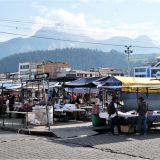




Niamh Leonard-Bedwell
Hey Charlie,
Loved your tips on finding sustainable travel accommodation! I’ve just sent you an email about a potential feature in Healthy magazine. Do let me know if this would be of interest.
Best wishes,
Niamh